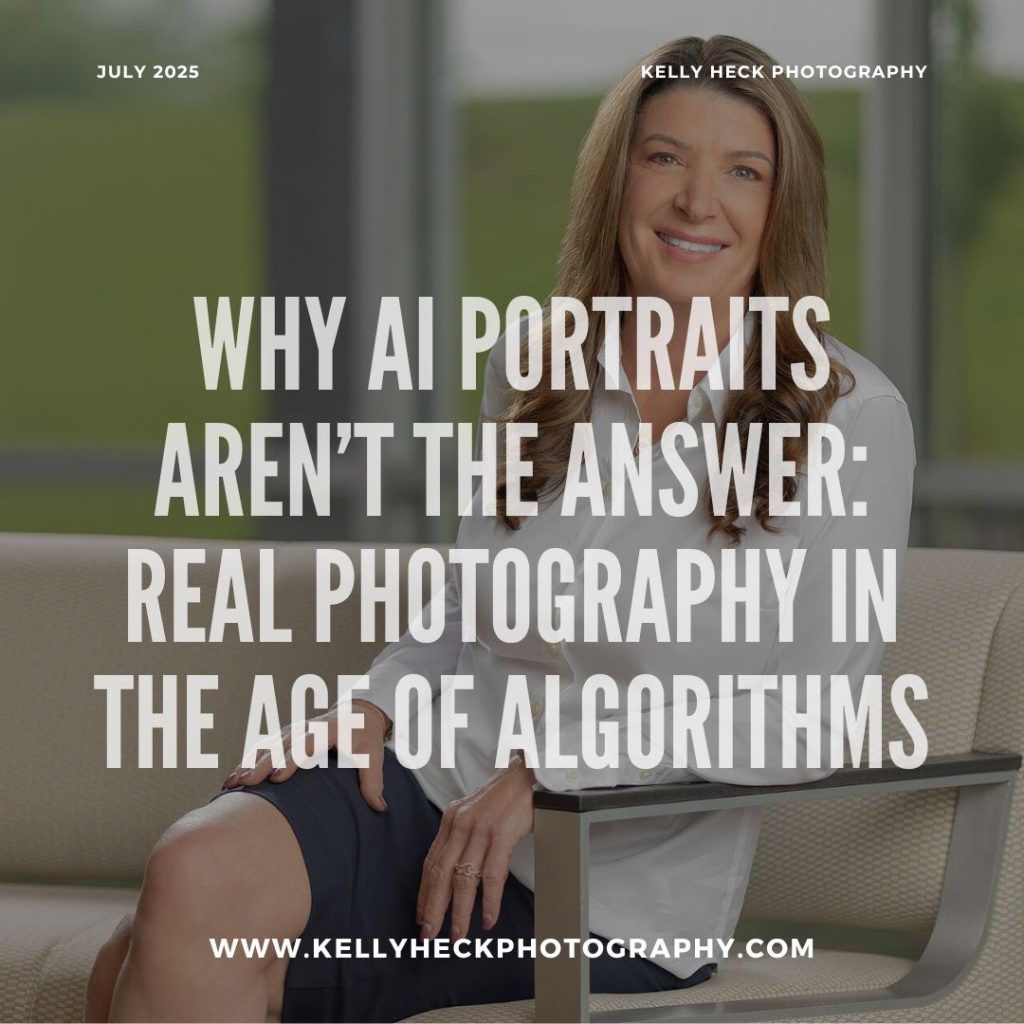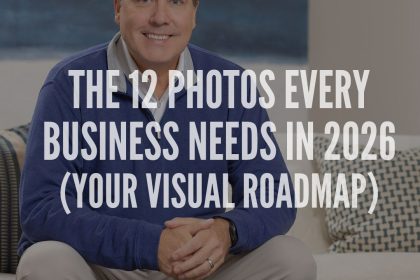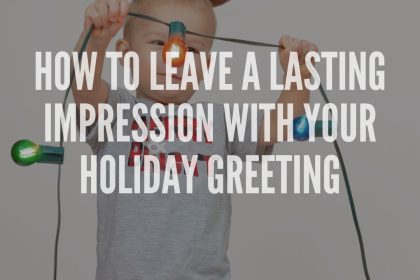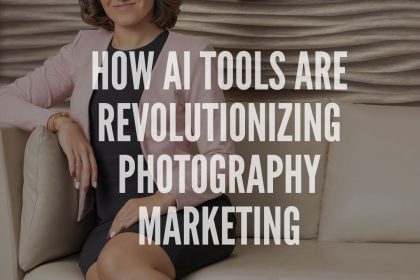In a world where artificial intelligence seems to be solving everything—from content writing to customer service—it’s tempting for companies to cut corners and turn to AI-generated portraits for their team photos or brand visuals. After all, they’re fast, cheap, and eerily realistic.
But here’s the thing: AI portraits aren’t just a shortcut—they’re a gamble. And that gamble could hurt your brand in ways you haven’t even considered.
As a professional corporate and commercial photographer, I want to break down exactly why real photography is still a crucial part of your marketing strategy—especially when it comes to your online presence, brand credibility, and search engine visibility.
1. Google Knows When It’s Fake
Let’s start with the big one: SEO.
Google is getting smarter every day, and so are its bots. Algorithms now go far beyond scanning for keywords—they analyze image authenticity, context, and even user engagement with visuals.
AI-generated headshots and team portraits may look sharp to the human eye, but search engines can identify when an image lacks metadata, facial authenticity, or natural context. And when Google sees fake people, it starts asking: “Is this business real?”
And the results are damaging. Your site authority drops. Your ranking suffers. You lose visibility to the very clients you’re trying to attract.
2. Your Clients Want to See You
People do business with people. When a potential client visits your website or LinkedIn page, they’re not just looking for your list of services—they’re looking for signs of trust, credibility, and connection.
That means photos of your real team—not AI-generated composites. A clean, cohesive team headshot section on your About page instantly humanizes your brand. It proves there’s a real, accountable group of professionals behind your service. And we all know that authenticity builds trust and trust closes deals.
3. AI Can’t Capture Culture
Corporate photography isn’t just about faces—it’s about vibe. Your work environment. Your values. Your story.
Custom photography tells that story in a way that AI never will. A well-composed environmental portrait shows how your team works, where they thrive, and what it feels like to interact with your brand. That emotional resonance doesn’t just attract clients—it attracts top-tier talent too.
AI headshots? They can’t reflect your real workspace. They can’t capture a genuine laugh from your COO. They can’t show diversity in age, personality, or energy. What they can do is make your team look suspiciously generic… or worse, like they don’t exist.
4. Custom Photos Have Strategic Value
Every image you commission from a professional photographer is an asset. One you can use strategically across platforms: website, email marketing, press releases, social media, recruitment ads, pitch decks—you name it.
Real photographs increase engagement and conversion rates. They’re also built with your brand guidelines in mind—color palette, mood, composition, lighting. AI can’t do that (yet), and even when it tries, it often leads to a disjointed visual identity.
5. Photography Is a Budget Line, Not an Afterthought
If your team is investing thousands in branding, strategy, and web design—but skipping real photography—you’re leaving ROI on the table.
Think of photography as the glue that holds your brand visuals together. It gives consistency, credibility, and connection to all the other pieces of your marketing puzzle.
And unlike AI images, real photos of real people age well. They represent your actual growth, your evolving team, and your real-world wins.
AI is powerful, no doubt. It’s changing industries left and right. But when it comes to who you are as a company—and why clients should trust you—nothing replaces the real thing.
So budget for it. Prioritize it. Hire a photographer who understands your brand. Because in a world where everything is getting faker… being real is your competitive edge.










